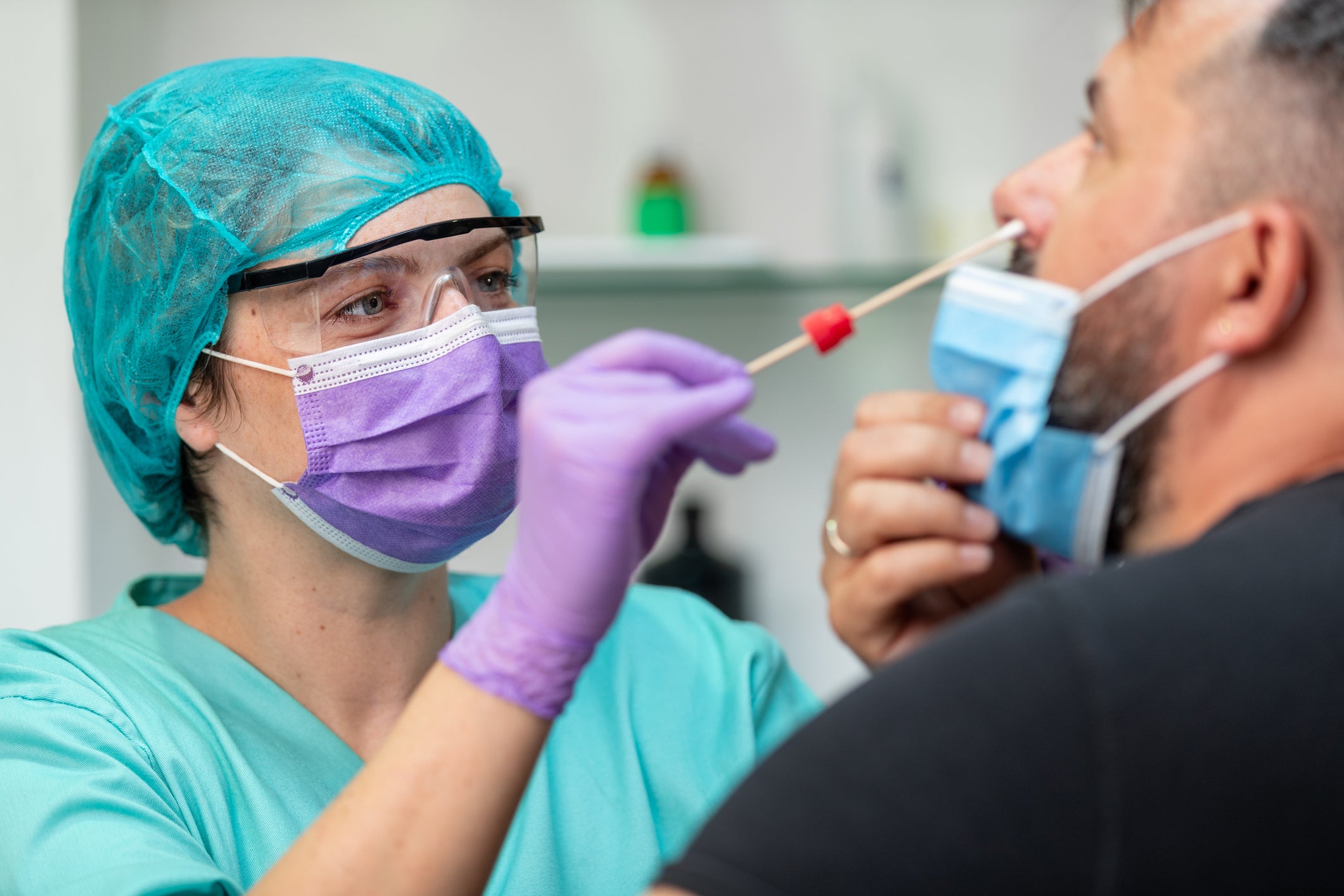It is well known that Covid can impair your sense of smell, but a new study has found that those who lose it may never get it back.
Researchers found that two years after a Covid infection, 80 per cent of people who reported changes in their sense of smell performed poorly on a clinical scent-detection test.
The study, which was led by the National Institutes of Health, also found that out of those who had noticed a change, around one in four had severely impaired smell or had lost the ability to smell entirely.
The study’s co-lead author, Dr Leora Horwitz, said: “While patients may not notice right away, a dulled nose can have a profound impact on their mental and physical wellbeing.”

She said that a loss of smell can create everyday risks, and can negatively affect appetite and nutrition: “You can’t smell smoke, you can’t smell the gas leak, you can’t smell spoiled food.”
The loss of smell from Covid is a specific effect of infection with the virus, explained Dr Horwitz, which causes inflammation within the olfactory system.
The study analysed the data of thousands of Americans who had previously been infected with Covid alongside others who had not. Participants had to identify 40 different scents in a multiple-choice format, with each correct answer earning one point.
The study found that 60 per cent of uninfected participants who did not report problems with smell also tested poorly during the clinical evaluation. Dr Horwitz said that a natural decline in the sense of smell with age likely contributed to some of these poor test results, and also noted that some participants who believed they had not been infected may have unknowingly been infected with Covid in the past.
Experts are now seeking ways to restore patients’ sense of smell post-Covid. The study said these could include vitamin A supplementation or “olfactory training to ‘rewire’ the brain’s response to odours”.

But Dr Horwitz warned that recovery may never be possible: “It can last a long time – maybe for ever, we don’t know – but it is absolutely possible that people don’t get their smell back.”
The findings come as a new Covid strain, called Stratus, is spreading across the UK, and is now believed to be responsible for most cases in the country. The new strain has two variants, XFG and XFG.3.
The World Health Organisation has deemed XFG a “variant under monitoring” and said it has the highest relative growth compared with other variants.
The agency says the risk to public health at a global level is low and the strain is not thought to be severe or deadly, with the current Covid jab expected to remain effective.
As respiratory illness rates are expected to rise in the autumn, the NHS advises staying at home and avoiding contact with others if you experience symptoms of an infection such as Covid.







